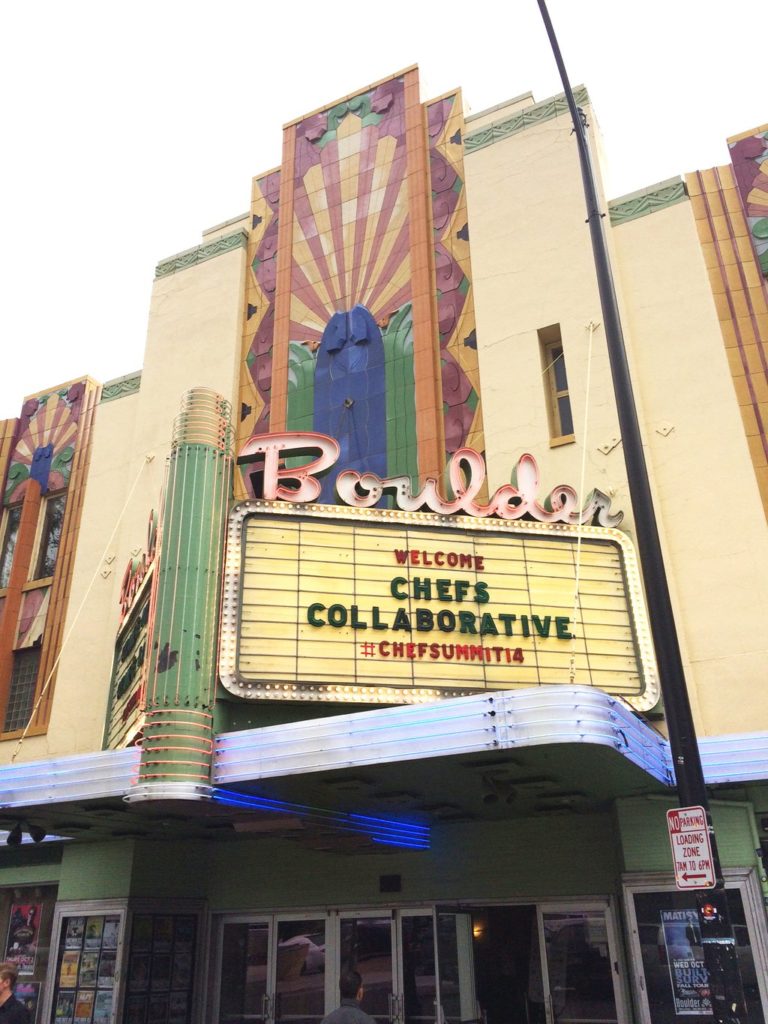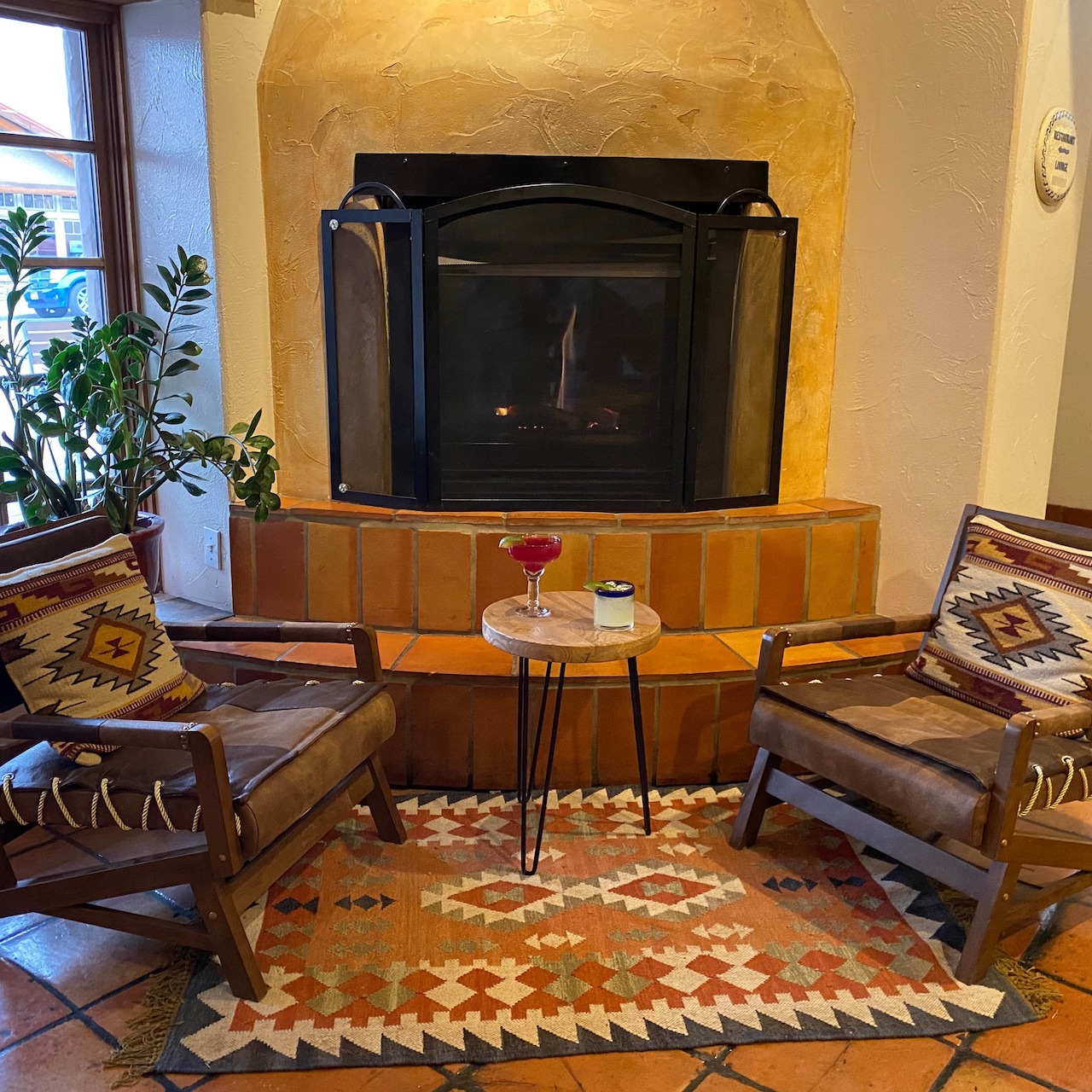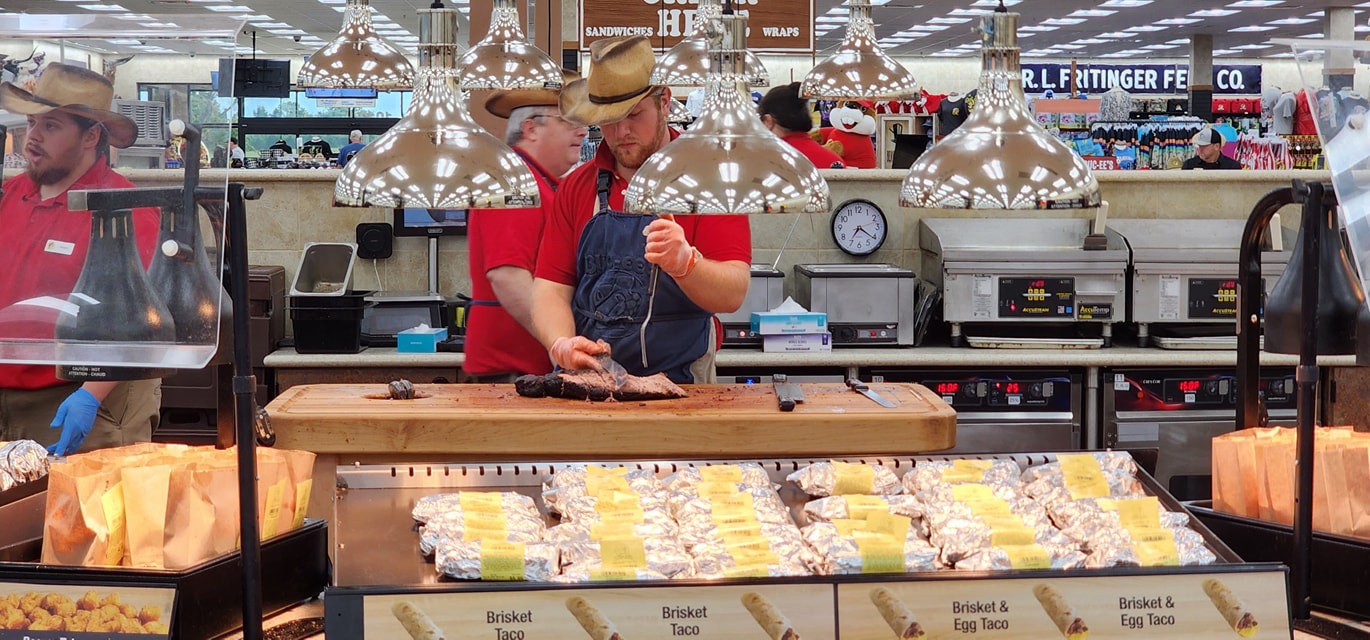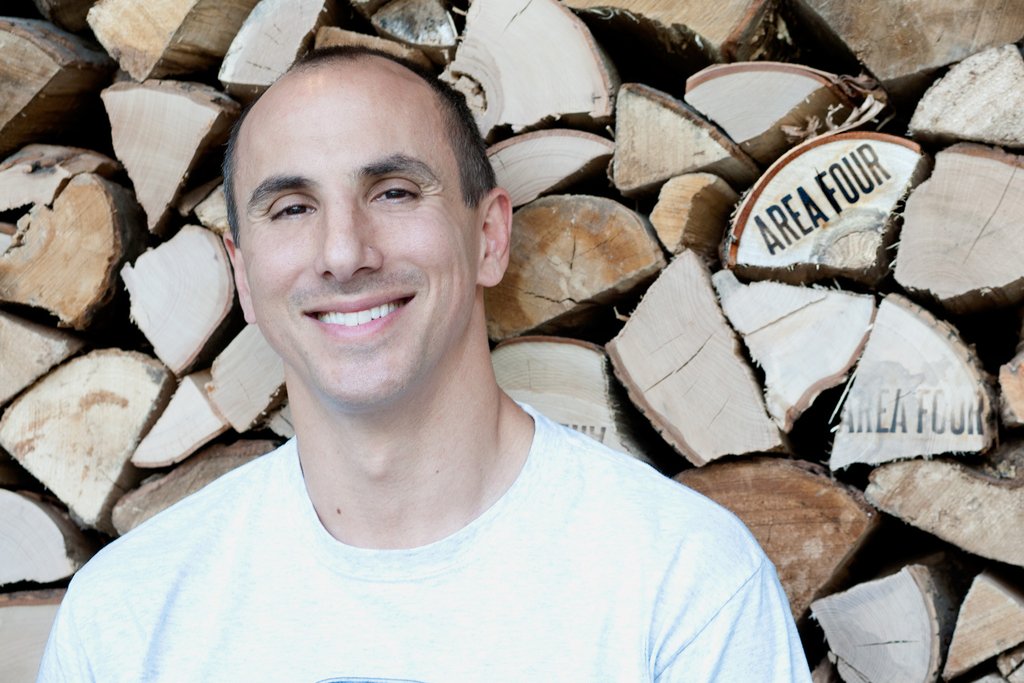On September 28, the sixth annual Chef’s Collaborative Summit kicked off in Boulder, Colorado. Here chefs, entrepreneurs, and small business owners gathered to discuss the flaws in our food system. Everyone from small ranchers with 100 percent free range operations to sandwich shops that only use organic ingredients, provided advice on how to be successful in the fight for sustainability. Chef Michael Leviton, the Chefs Collaborative Chair, chatted with 303 Magazine on this summit’s mission. The eight-time James Beard Award nominee gave us his thoughts on sustainability in the restaurant industry and why cheap foods will cost us more in the long run.
Brittany Werges: First of all I wanted to congratulate you on a great Chef’s Collaborative. I’m sure you’re exhausted.
Michael Leviton: Thank you and yeah, a little bit, even though it’s non-stop it’s so invigorating and inspiring to be with all those folks, and see all the cool things that everybody is doing.
BW: Tell us about your work with sustainability in the restaurant industry.
 ML: The way I learned to cook was when sustainability entered the lexicon in the late eighties in northern California. It was very much the cult of the ingredients. To be the best chef you needed the best ingredients….The more research I did on ingredients the more I found out that the best tasting stuff is organic or free range, or it was made by someone who cared about what they were doing. That was what first motivated me to focus on sustainability.
ML: The way I learned to cook was when sustainability entered the lexicon in the late eighties in northern California. It was very much the cult of the ingredients. To be the best chef you needed the best ingredients….The more research I did on ingredients the more I found out that the best tasting stuff is organic or free range, or it was made by someone who cared about what they were doing. That was what first motivated me to focus on sustainability.
BW: How has your definition of sustainability changed since then?
ML: My definition of sustainability has really expanded over the years. At first it was environmental concerns too, but now it’s encompassing both eco and macro economic insurance, social and bio diversity, social welfare for all of those folks involved up and down the proverbial food chain, and also concerns about peoples health. So if we are going to a look at a truly sustainable food system it’s not just about the environment, it’s the processes.
BW: What would you suggest people do in order to eat sustainably?
ML: I think the biggest thing in some ways is, you know people want black and white answers, but the fact of the matter is all of us are on spaces of the proverbial chain, but there are little things we can all do. So we talk a lot about baby steps, pick one thing that is important to you. You want to eat better meat? Great go out and find that and talk to the producers or find out what questions you need to be asking. First thing, no hormones no antibiotics, please? Right? I think one of the best things anyone can do is support your local farmers.
BW: Does that mean more sustainable produce and meats are always going to cost more?
ML: The best ingredients, those that are truly sustainable are going to cost more today. The reason for that, aside from quality scale, is that the true cost of some of the cheaper foods are not born by the consumer directly. They are born by the way these big companies producing their product. It’s the environmental degradation they create, right? Because well it’s going to be tax payers paying for that at the end of the day. The fact that we that massive oil spill in coast of Mexico, who’s going to pay for that cleanup? Not all the mono clumping companies, but you and I are going to being paying for it. So on one hand we get to eat food, but on the other hand, this food is killing us. Were losing hundreds of family farms a week. All these impacts are being born by the people who are producing cheap foods. And until we get this sorted out the cost between good greens and not good ones is going to be so significant that the vast majority are not going to be able to afford good food. And I would really like to believe that in this sort of greatest country in the world, you know decent, decent sustainable, healthy food shouldn’t be just a privilege for the 1 percent.
Reward the people who are trying to do the right thing… whether it’s local restaurants, local ranches, local farmers, or local brewers or a chef you know. Otherwise all were going to have left is people who are doing things the wrong way.

BW: Do you think that there are any specific Colorado restaurants or chefs that are exceptional at supporting sustainability and high quality food?
ML: Oh Colorado folks, I don’t know too many Colorado chefs but I think that the people at The Kitchen are doing a tremendous job, Tony at Linger is doing an amazing job and the folks at Snooze are trying to do the right thing. Really everyone in the Boulder/Denver area that participated in the summit is there because they are on the journey. There are so many people that are trying to do the right thing everyday. Again, that’s one of those things, vote with your wallet. If you’re going out, go out to restaurants that are trying to do the right thing. Reward the people who are trying to do the right thing, that will continue to enable us to do the right thing. Whether its local restaurants, local ranches, local farmers, or you know local brewers or chefs you know, we need to support otherwise all were going to have left is people who are doing things the wrong way.
BW: Where do you see this future sustainable eating looking like? How do you think it will change in the next 5 to 10 years?
ML: You know that’s a really good but a tough question. I think we are trying to move to sustainability at scale. You know, for years and years sustainability was this thing for small special restaurants and in that matter it’s great, but on the other hand when the big boys really get involved you know the ripple effect of those is enormous. And were starting to see that. Were starting to see that every major corporation has at least the sustainability initiative and a sustainability director and that’s fabulous but that’s all so far. And we really need to get to the point where, through this idea of true cost accounting, you know until we make it a financial imperative to do things the right way because there’s groundswell of demand up and down the food chain, until we get to that point, so many of these really large interests are predicated on sustainable foundations. That’s a high-in-the-sky long-term goal. That is what we need to be shooting for.






